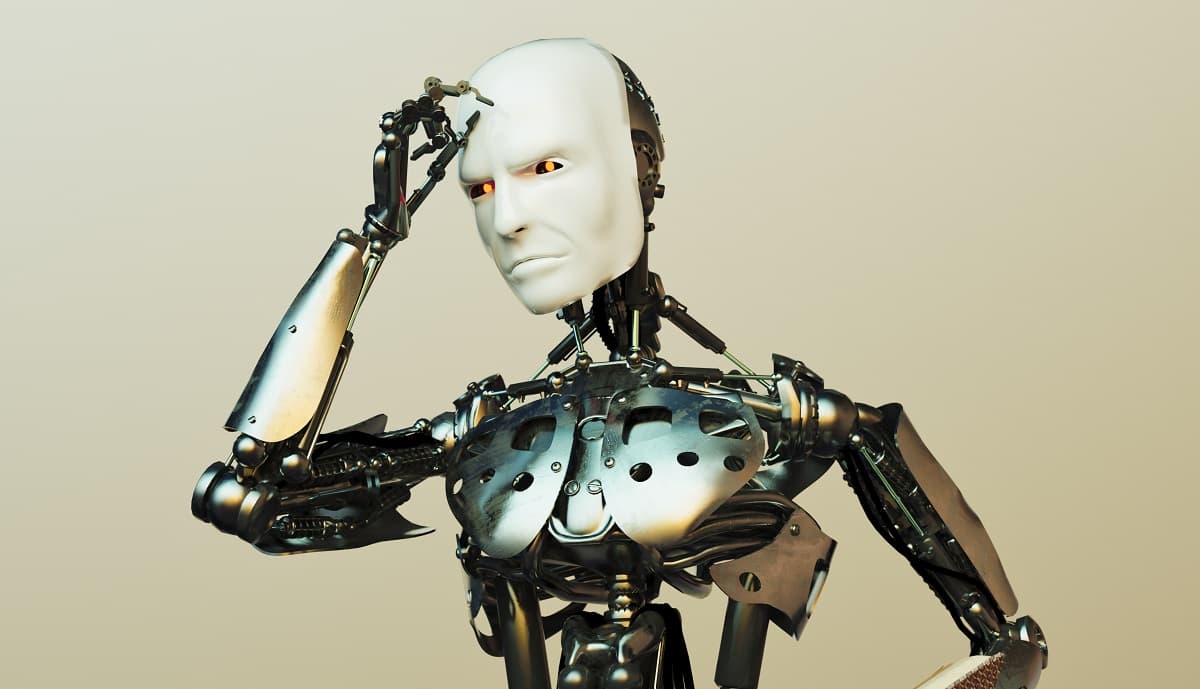How Can Robots Benefit The Future?
Robotics is becoming an ever-growing element in our society, and its potential to revolutionize our world is remarkable. From industrial applications to consumer-level robots, there are many ways that robotics can benefit us in the near future – both practically and economically. By automating processes or taking on tasks considered dangerous for people, robots can help save time and allow resources to be allocated for more complex projects.
In addition, by helping ease labor shortages and reducing costs associated with production or services, robotic systems promise a brighter economic horizon for businesses worldwide. So, let’s explore how the use of robotics can make this possible.
Table of Contents
The History Of Robots And Their Development
The evolution of robots is as intriguing as it is innovative. From the first known robot, a steam-powered “pigeon,” created in 350 BC by Archytas of Tarentum, to the modern robotic arms being used in factories today, robots have come a long way. The idea of robots has been embedded in our culture for a long time, with stories like Isaac Asimov’s I Robot inspiring a new generation to dream big and push the boundaries of what robotics can do.
Big and small companies are now investing heavily in developing more sophisticated robots that are better at completing complex tasks, learning from experience, and even interacting with humans almost seamlessly. It’s an exciting time for those interested in robotics and looking forward to where this technology will take us.
How Robots Are Currently Being Used In Various Industries
Robots are already being used in many industries, from automotive to medicine and even the military. Some have been designed in the shape of a robotic arm, with these arms being responsible for vital and precise tasks, such as robotic surgery. Automation has also driven productivity in manufacturing by speeding up production times while ensuring accuracy and precision.
Robots can also help with other tasks, such as security and surveillance. Robotic drones have been used in the military for many years now, but they are also increasingly being used in civilian settings. It can include robotic security guards patrolling an area or robotic surveillance cameras monitoring a large land area.
The Potential For Future Robot Applications
The potential for robotic applications in the future is endless. From robotic surgery to robotic household tasks, these machines are becoming more lifelike and capable of completing more complex tasks. As robotic systems become more advanced, they could eventually provide medical care in remote areas or assist older adults who need help with everyday activities.
Robots could also be used to explore uncharted areas of the world, from the depths of the oceans to outer space. Since they can operate in extreme conditions that are too dangerous for humans, they could help us uncover secrets and mysteries that have been hidden away for centuries.
How Society Can Benefit From The Increased Use Of Robots
The increased use of robots in our society can bring about many benefits. For one, it can free up resources for more important tasks and reduce the number of people needed to complete them. It could lead to an increase in productivity and efficiency, which in turn would benefit the economy as a whole.
The deployment of robots could also reduce the impact of human labor on the environment by reducing energy consumption and emissions. Robots can be equipped with sensors to detect pollution levels in the air or water and then take action accordingly, leading to a cleaner environment overall.
Finally, robots can be used to perform dangerous tasks without putting people’s lives at risk. They can be used in hazardous environments or places where it is unsafe for humans to go, and this could make the world safer in terms of both work and leisure activities.

How To Ensure That Robots Are Used Ethically And Safely
The use of robots can also come with certain risks and ethical concerns. For example, robots replacing human labor could lead to mass unemployment and inequality in society. To ensure that robots are used ethically and safely, regulations must be put in place that safeguards people’s rights and protects them from any potential harm.
In addition, robots should be programmed to adhere to specific safety standards and ethical principles. It means they should not be able to harm humans or cause unnecessary environmental damage. Similarly, robots should be designed to only learn from their mistakes and take action with human oversight.
Using robots can bring significant benefits to society regarding efficiency, productivity, and safety. However, these advantages must be balanced with ethical considerations to ensure they are used responsibly and safely. With this balance, robots can help usher us into a prosperous future.
Conclusion
The possibilities offered by robotics technology are immense, and the potential benefits for society are enormous. However, it is crucial to ensure that robots are used responsibly and ethically to maximize these benefits and minimize potential risks. By doing this, robots could play a significant role in creating a better future for all of us.
